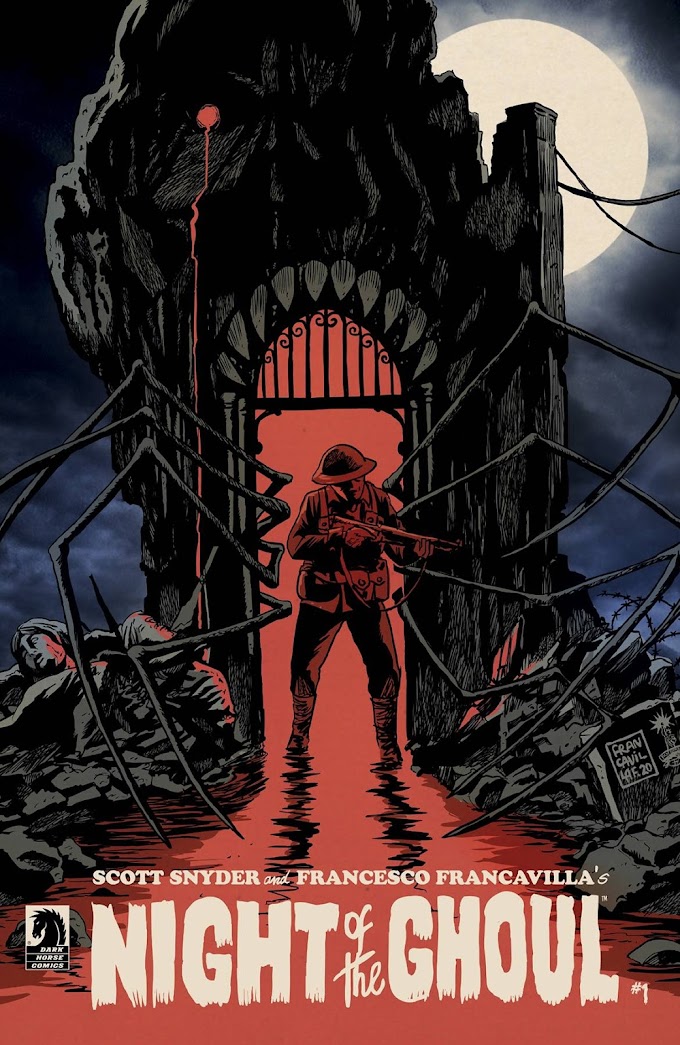Written by Shira Mario (with Jenna Brager)
Self-Published
The primary author of this personal zine grew up as an Orthodox Jew who also was inspired at home to be a young feminist, and the two ideas often conflicted, as the stories here show.
In a series of short entries, Shira discusses dealing with the "bullshit" of her enclosed society, as the child of a family that was made up of a convert to the faith and the son of Holocaust survivors. While she was being empowered by some in her world, even as those in power, such as a misogynistic Rabbi, tried to restrict her freedom.
I am not Jewish, but I grew up Catholic, so I understand how the religious culture of your family can make quite a bit of trouble for forming your own identity. I think there are some echoes here, but Judaism has the added pressure of so many centuries of persecution, which often can lead to difficulties in questioning any part of the faith. Shira expresses this amazingly well and her heartfelt feelings come across loud and clear.
I think one of the key moments is in the reading of the Book of Esther. While Shira was told merely that the King's wife refused to go to a party, the more accurate translation is that she was asked to parade naked for her husband's drunken friends. The shock of this really hits for Shira, as she came from the "hardcore" version of the faith. When you learn something like that, what else are you being lied to about?
Jenna's contribution is about feeling the pressure of keeping up the Jewish identity. She knows it's expected of her to keep the Jewish faith going, but as a genderqueer feminist who may not even want children, the idea of preventing the horrible fate of the scare-tactic play "The Last Jew" brings all sorts of complications. As with Shira, the emotion behind the words really comes through in strong, but brief, writing.
Shira Mario #1 is a well-written, well-designed zine, looking hand made but still retaining legibility, a problem for some zinesters who want to show how creative they can be but forget that you can't tell your story if you can't read it. Alternating the use of black and white and mixed backgrounds, the lines and shapes all point the reader towards the text, rather than away from it.
The end notes promise more issues of this zine. I really hope that's true. If you stumble across this zine in your travels and you are interested in feminism and/or religion, this is a must-read.
Footer Copyright
Design by - Blogger Templates | Distributed by Free Blogger Templates






![Sweat and Soap [Ase to Sekken] by Kintetsu Yamada](https://blogger.googleusercontent.com/img/b/R29vZ2xl/AVvXsEgMnQltxjWqGS1_duhCp9Er1a0NbALuSFrqvjaV4_PjN_w67xCGghYt-l0qKyqTH7Ei7gbq_mxVq8aPAuOiyaArwAMLJWhpGmOYaARUBnwvjmv2-ZIe20m_zR5CvKnPdI6US_AuOnmi3gSX/w680/57525895-BA7E-4EF8-9FE4-89F9C164E1A4.jpeg)

